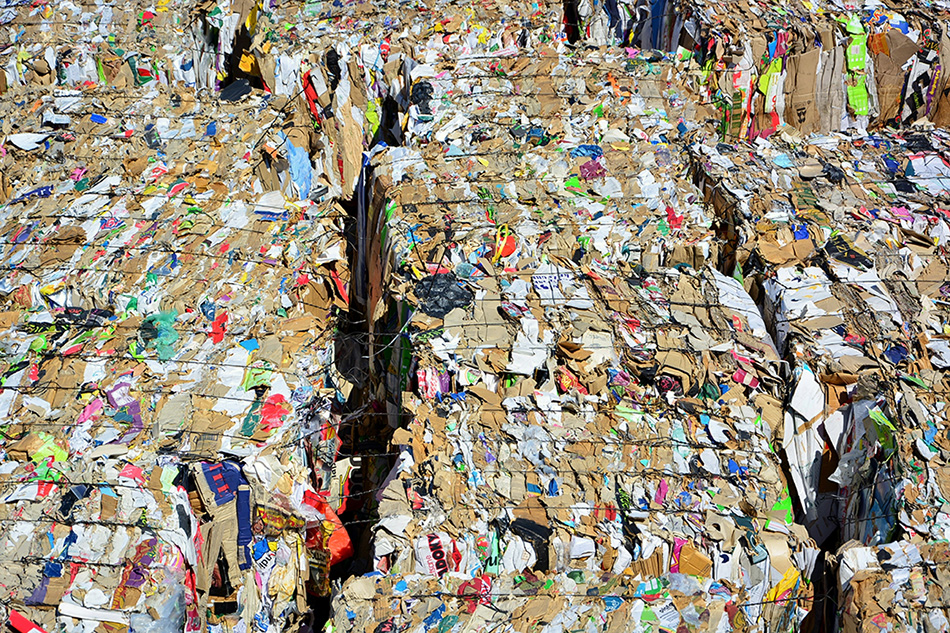
OCC baled for recycling. | Sergej57/Shutterstock
Recycled paper mill operator DS Smith predicts strong growth in corrugated packaging, long after the initial impacts of the COVID-19 pandemic have passed, the company’s head of recycling said.
 Colin Staub was a reporter and associate editor at Resource Recycling until August 2025.
Colin Staub was a reporter and associate editor at Resource Recycling until August 2025.
OCC baled for recycling. | Sergej57/Shutterstock
Recycled paper mill operator DS Smith predicts strong growth in corrugated packaging, long after the initial impacts of the COVID-19 pandemic have passed, the company’s head of recycling said.
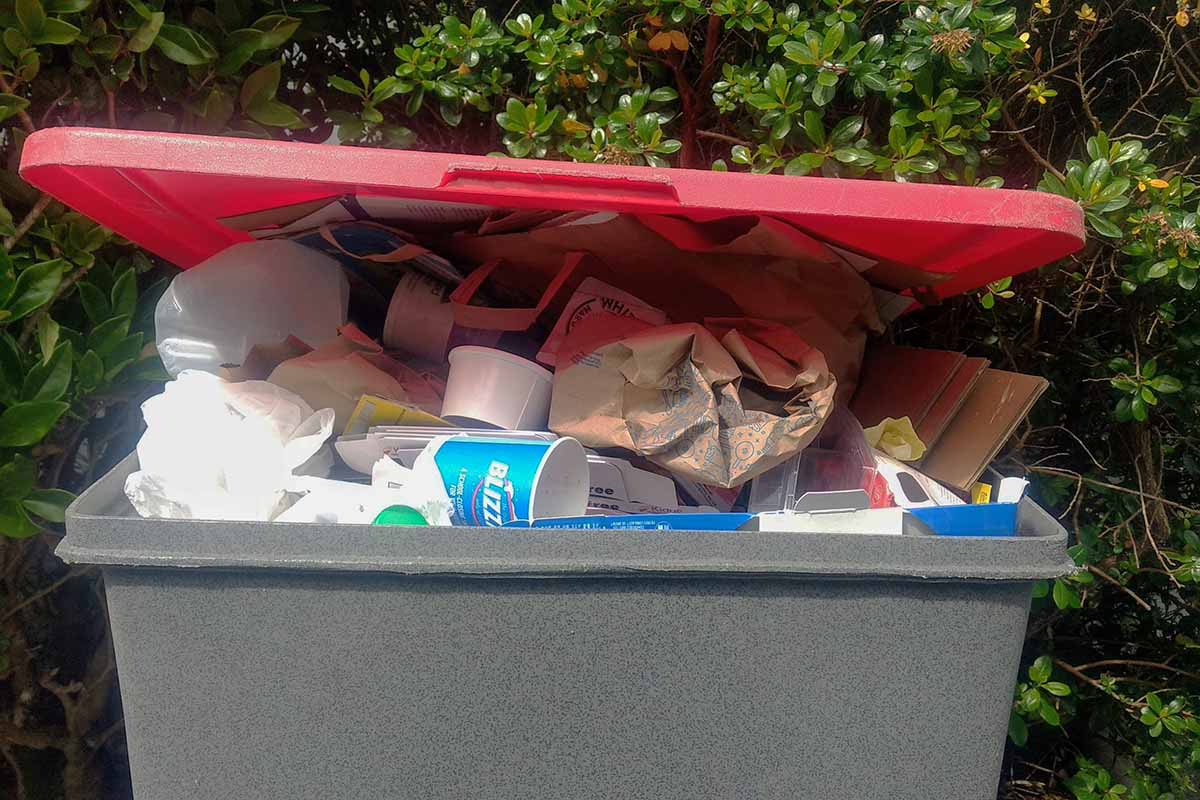
The report from SWANA delves into how poor recycling behaviors develop and why they persist. | Scott Beck / Resource Recycling Inc.
Education campaigns may improve curbside recycling practices for residents who produce average or low amounts of contamination, but they may not impact the worst offenders, according to new research.
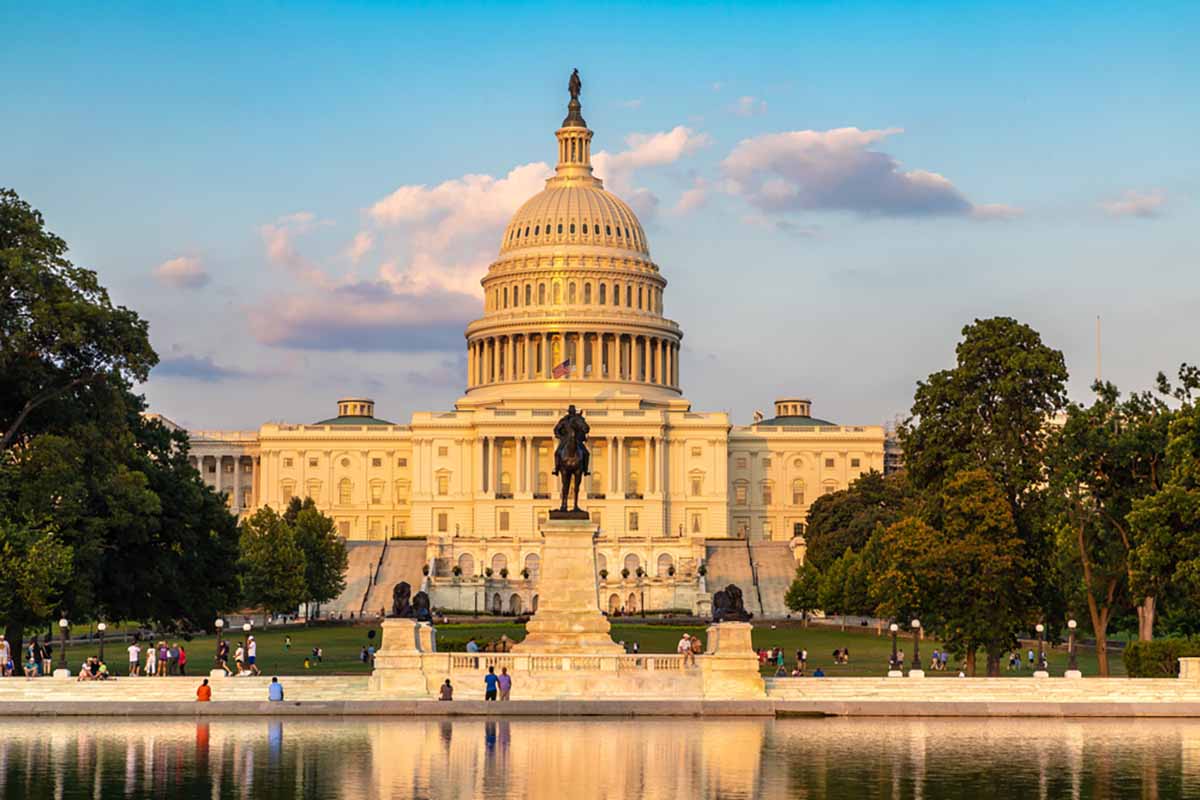
Legislation to be reintroduced will include provisions for a national bottle bill and a ban on certain single-use plastic items. | S-F/Shutterstock
Two members of Congress will revive the Break Free From Plastic Pollution Act, which includes a national container deposit system and other sweeping changes. Representatives from the plastics industry have countered the push.
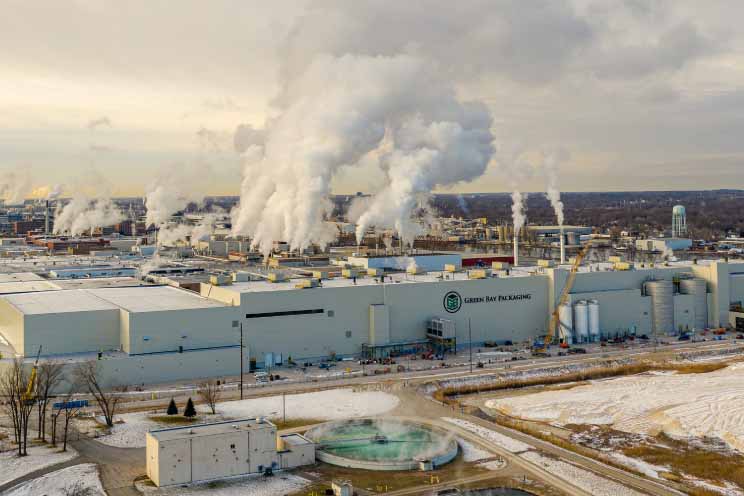
The mill’s completion is on schedule with the initial timeline, which forecast a spring 2021 start-up. | Courtesy of Green Bay Packaging.
Green Bay Packaging this month produced the first reel of paper at its newly completed Wisconsin recycled paper mill, which uses OCC and mixed paper feedstock.
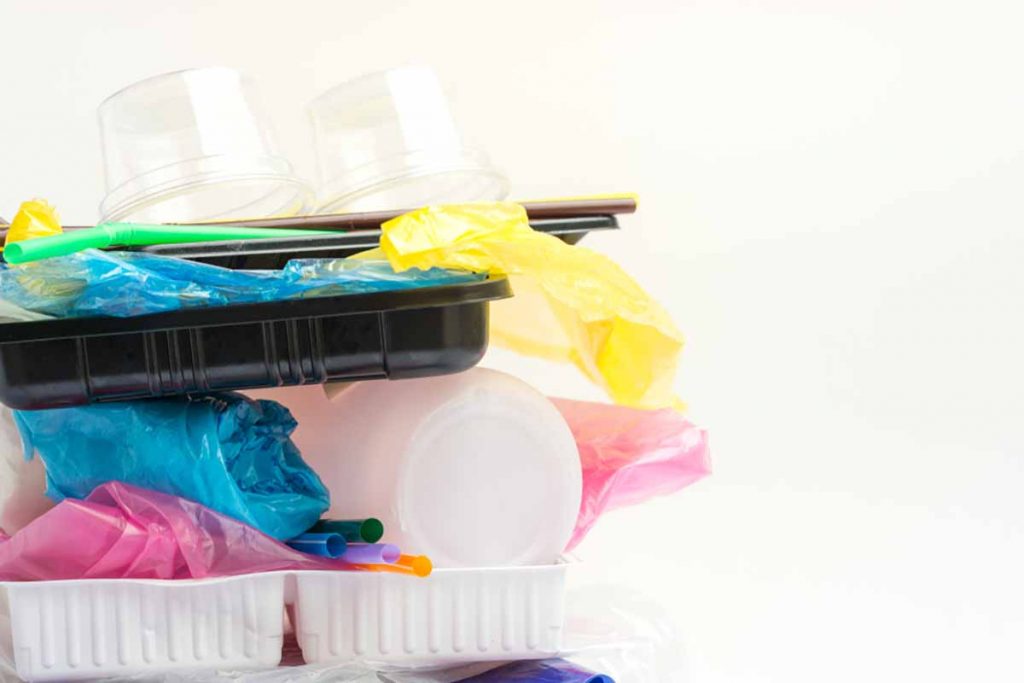
California Assembly Bill 842 requires that by 2035, all single-use plastic packaging and products distributed in California include 75% post-consumer recycled content. | Kanittha Boon/Shutterstock
California legislators introduced a bill that creates a packaging stewardship organization and adds packaging fees paid by producers. The bill is the latest in a flurry of plastics-related legislative activity in the state.
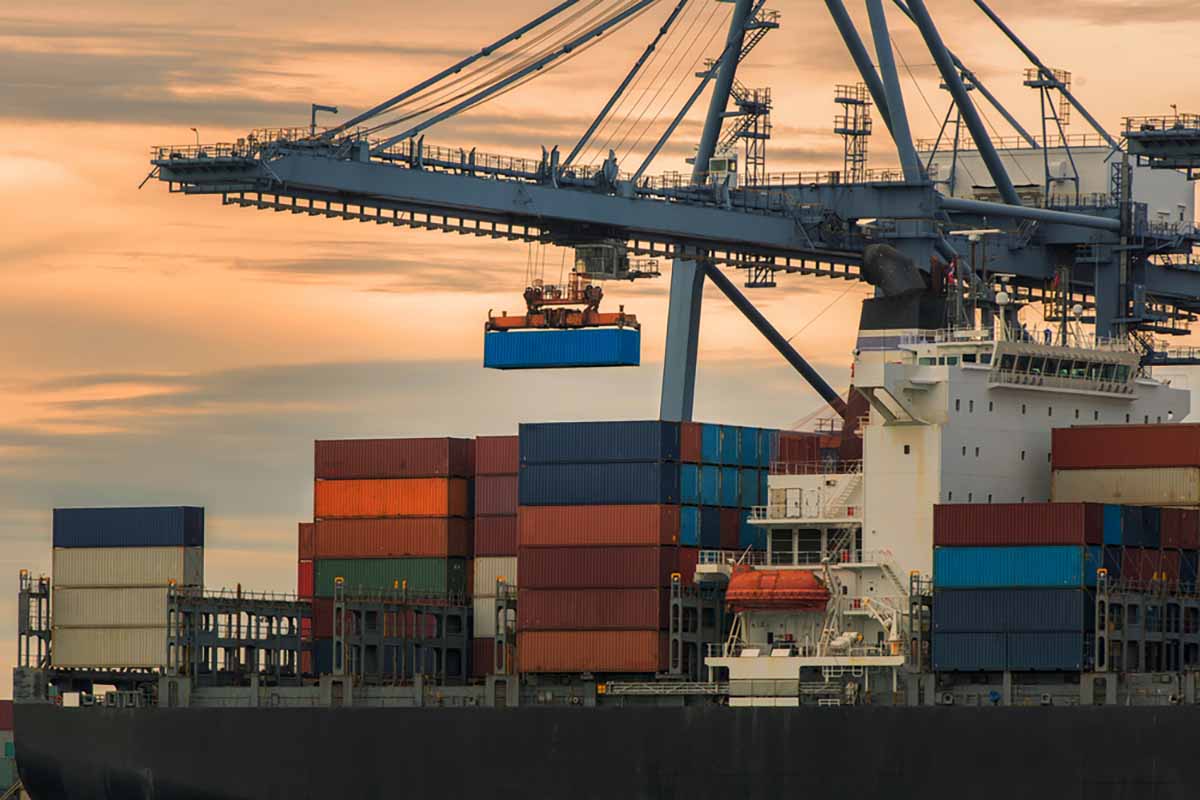
U.S. exports of recovered fiber were up slightly in January 2021 compared to the previous year. | anek.soowannaphoom/Shutterstock
Exports of U.S. scrap paper and plastic increased in January 2021 compared with 2020, despite China’s exit from the recovered paper market and new Basel Convention regulations on plastic shipments.

The REMADE Institute issued funding to projects exploring a variety of recycling technologies. | Gorodenkoff/Shutterstock
A federal initiative focused on energy efficiency in U.S. manufacturing recently selected two dozen recycling projects to support. A majority of the projects are related to plastics recycling, but others target fiber, metals and more.
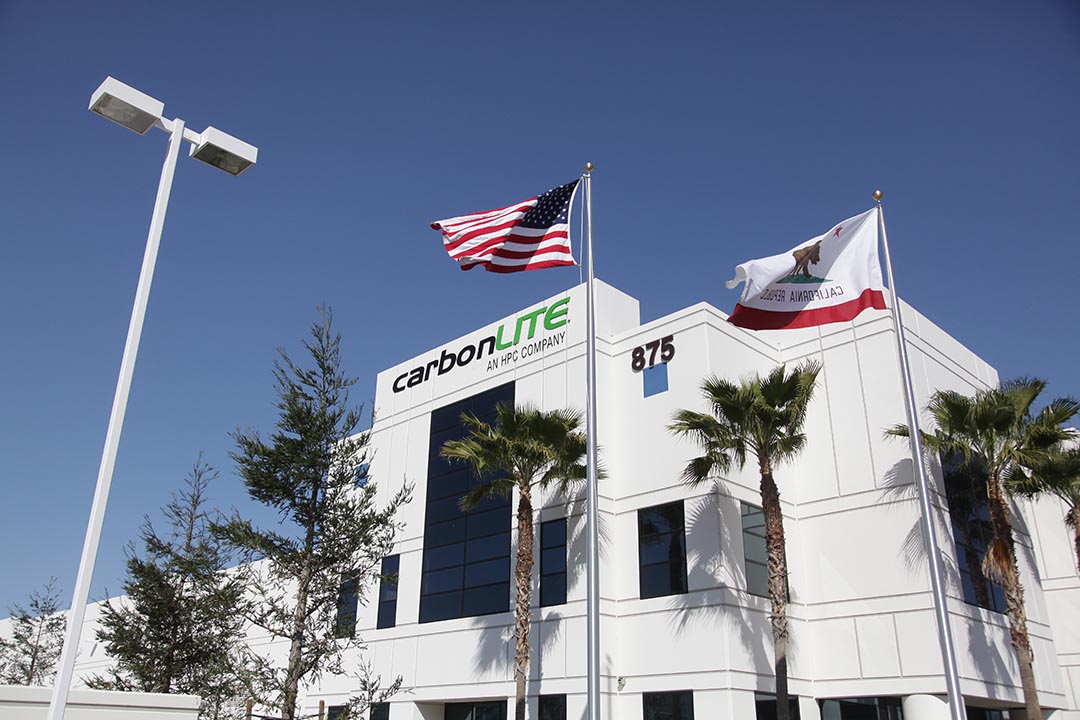
CarbonLite operates recycling facilities that bring in PET bales from deposit and curbside sources.
PET recycling firm CarbonLite and a subsidiary this week filed for bankruptcy, indicating the company plans to reorganize and continue operating. A company leader said market strife and COVID-19 impacts led to the decision.
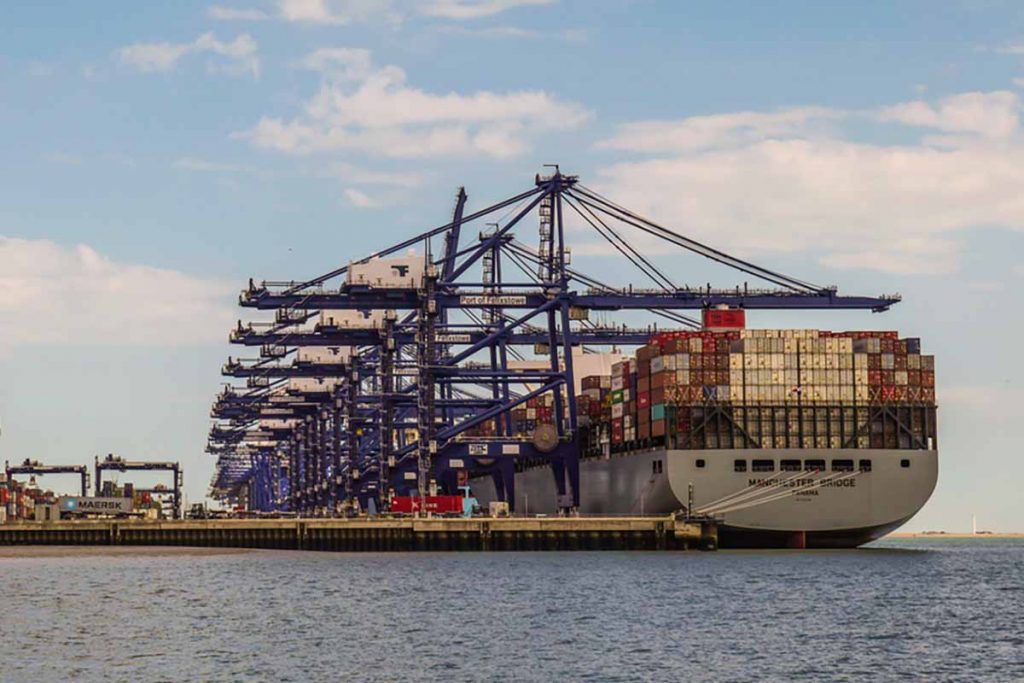
A number of environmental groups wrote to shipping lines urging them to stop carrying scrap plastics. | Jordi Prats/Shutterstock
Activists have contacted the world’s largest shipping lines, asking them to stop carrying loads that violate new Basel Convention regulations covering the global scrap plastic trade.
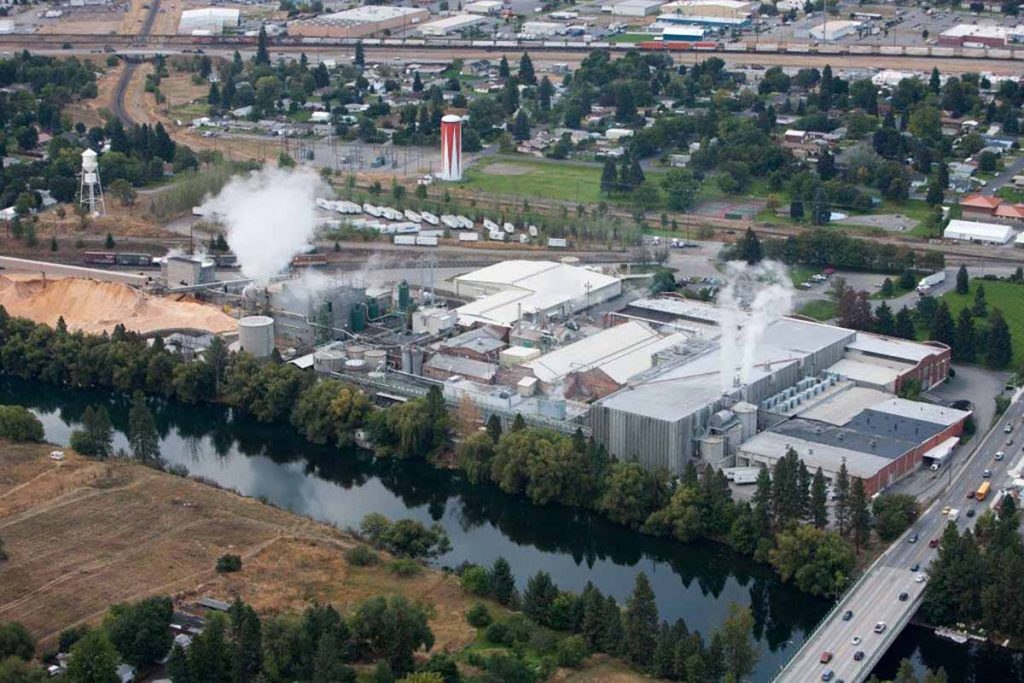
Inland Empire Paper Company operates a 110-year-old paper mill that uses recycled fiber near Spokane, Wash. | Courtesy of Inland Empire Paper Company
A Pacific Northwest paper mill has begun producing new grades of paper made from recovered fiber, a response to changing end markets and growing customer interest in recycled content.

